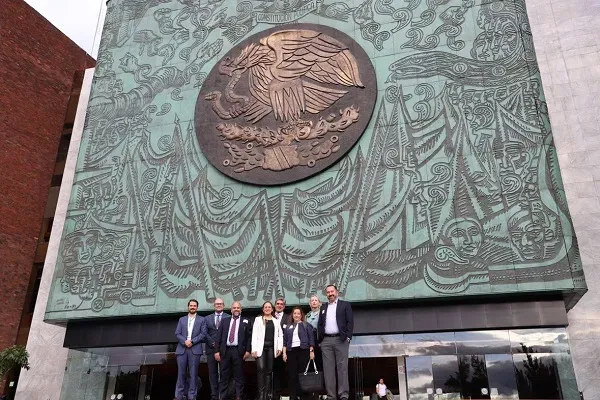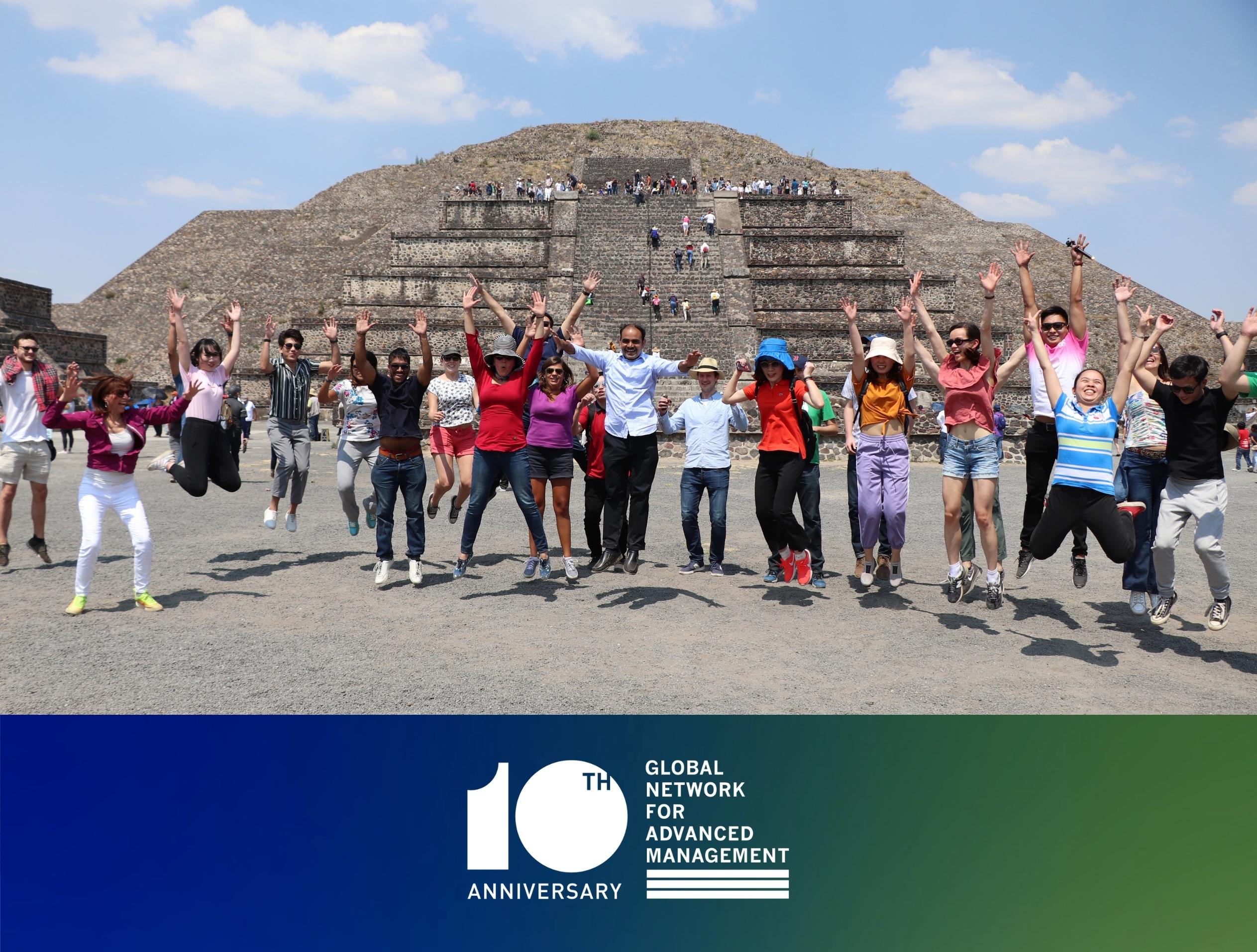This document underscores that innovation expands the range of public policy opportunities and new business models, while highlighting the need to update the regulatory framework for the efficient adoption of new technologies.
By INSTITUTIONAL COMMUNICATION | EGADE BUSINESS SCHOOL
On October 11, EGADE Business School - Tecnológico de Monterrey led the delivery of the document “Challenges and Opportunities for Distributed Generation in Mexico” to the Energy Commission of the Chamber of Deputies.
This study gathers the main findings produced by the “International Workshop on Emerging Businesses and Regulatory Framework of Electricity Markets,” organized last year by EGADE Business School and which enjoyed the participation of experts from industry, government and universities, from 11 countries: Mexico, Germany, Brazil, China, Chile, Colombia, Spain, United States, Iran, United Kingdom and Uruguay.
Horacio Arredondo, dean of EGADE Business School, led the ceremony, held in the San Lázaro Legislative Palace, to deliver the document to Deputy Manuel Rodríguez González, president of the Energy Commission, who declared that the contributions of the experts participating in the study will support the deputies in their legislative tasks with respect to the energy sector.
“The current energy context, characterized by the global energy crisis, climate change and technological advances, poses significant challenges for the electric power industry in Mexico and around the world. This study offers an optimistic outlook by highlighting business opportunities and the importance of innovation in this constantly evolving environment. The transition towards a more sustainable and efficient electric power system depends on clear policies, investment promotion, and collaboration between all industry players,” Arredondo said.
Rodríguez González thanked EGADE Business School on behalf of the Energy Commission for its valuable contribution to this crucial discussion. He promised that they would carefully examine the proposals presented in the document, in order to find innovative solutions to the challenges facing the electric power industry in Mexico.

Before the delivery, the study was presented by Rolando Fuentes Bracamontes, research professor at EGADE Business School; Alejandra Elizondo Cordero, research professor at the Center for Research and Teaching in Economics (CIDE); and Miguel Robles Pérez, researcher and academic secretary at the UNAM Institute of Renewable Energy (IER).
The main proposals of the document focus on the following aspects:
1. Energy uncertainty: The current era presents high levels of uncertainty for the electricity industry, marked by decarbonization priorities, the energy crisis in Europe due to the conflict in Ukraine, and the technological innovations offered by distributed energy resources (DERs). There is a pressing need for international cooperation and coordinated solutions to address these challenges.
2. Business opportunities: Technological innovation creates vast innovation and new market opportunities for companies. The demand for options that will meet the new energy needs, such as clean energy and electric vehicles, opens up a wide space for business and public policy innovation. Digitalization is the key to disruptive innovation given its potential to reshape business and the structure of the regulatory market.
3. Investment promotion policies: Clear interconnection and network access policies, as well as transparent and simplified processes to assign capacity to DERs, must be designed. Mexico should consider expanding the capacity window for distributed generation, as technological advances have made the current limit of 0.5 MW restrictive.
4. Support for related services: It is important for DERs to provide “related services” to the electrical grid as this will offer a significant competitive advantage.
5. Coordination and control of decentralized teams: Policies and standards must be implemented to allow coordination between DERs (themselves) and between DERs and public utility companies, as the penetration of decentralized energy resources increases.
During the presentation, Fuentes Bracamontes stated: “Innovation in the electric power sector over the past two decades has been so significant that it has forced us to reconsider our perception of and approach to public policy, business and regulation challenges.”
Elizondo Cordero stressed that distributed generation has emerged as a crucial tool in the fight against climate change and in the reduction of emissions in Mexico.
In addition, Robles Pérez highlighted the importance of distributed generation in mitigating the impact of congestion in the electric power system.
The “International Workshop on Emerging Businesses and Regulatory Framework of Electricity Markets,” the basis of the document presented, was organized by EGADE Business School in October 2022 in the facilities of Tecnológico de Monterrey, Guadalajara Campus.
The representatives of EGADE Business School who participated in the workshop were Horacio Arredondo, Rolando Fuentes Bracamontes, Teofilo Ozuna Jr., Sascha Fürst, Osmar Zavaleta, Raúl Montalvo, Carlos Mario Aldana, and Hugo Álvarez.
The document “Challenges and Opportunities for Distributed Generation in Mexico” can be viewed here.
